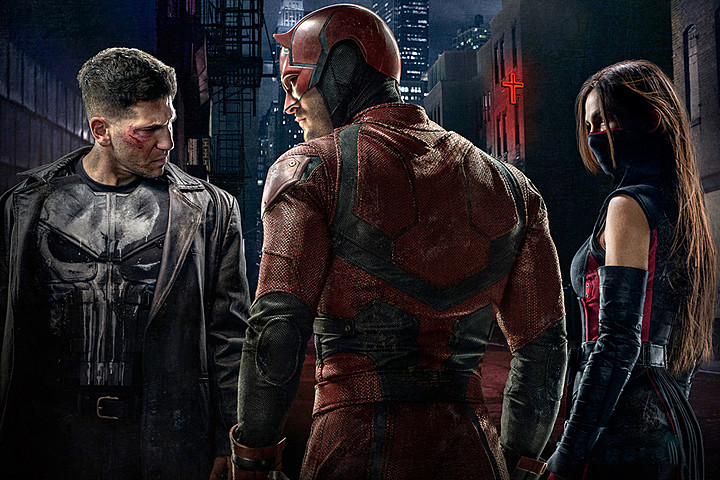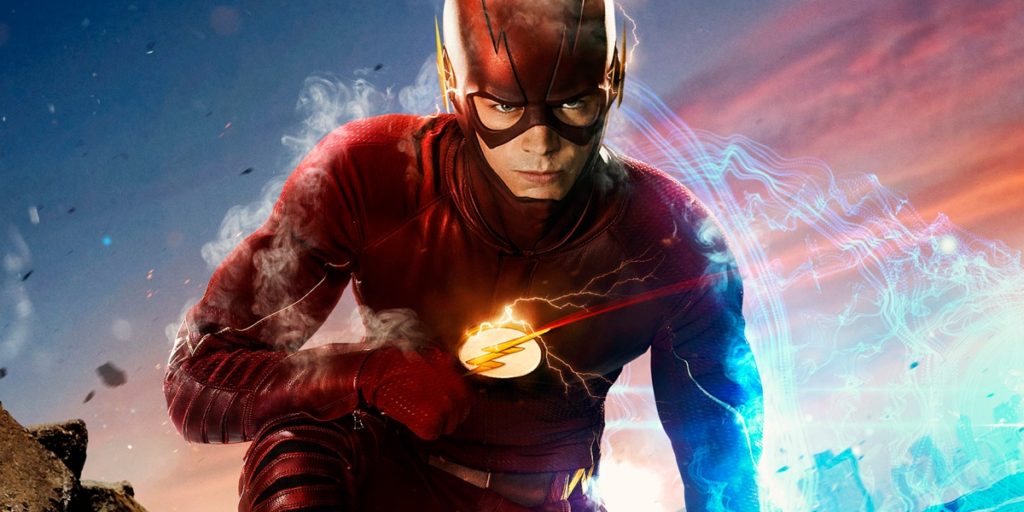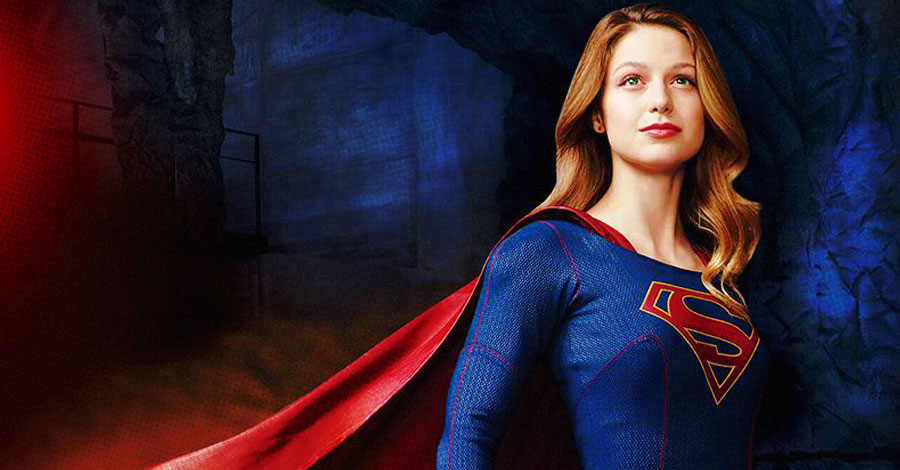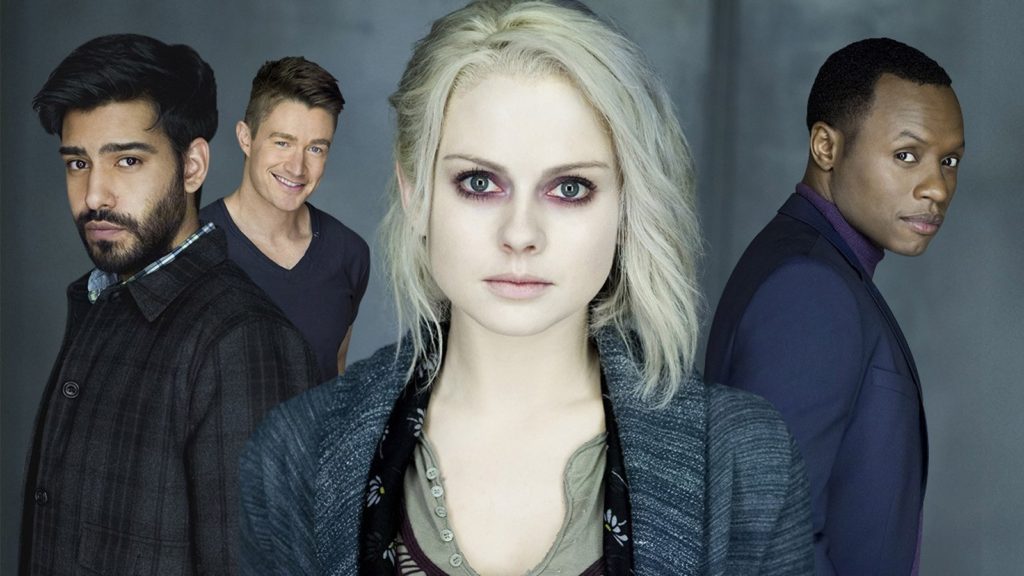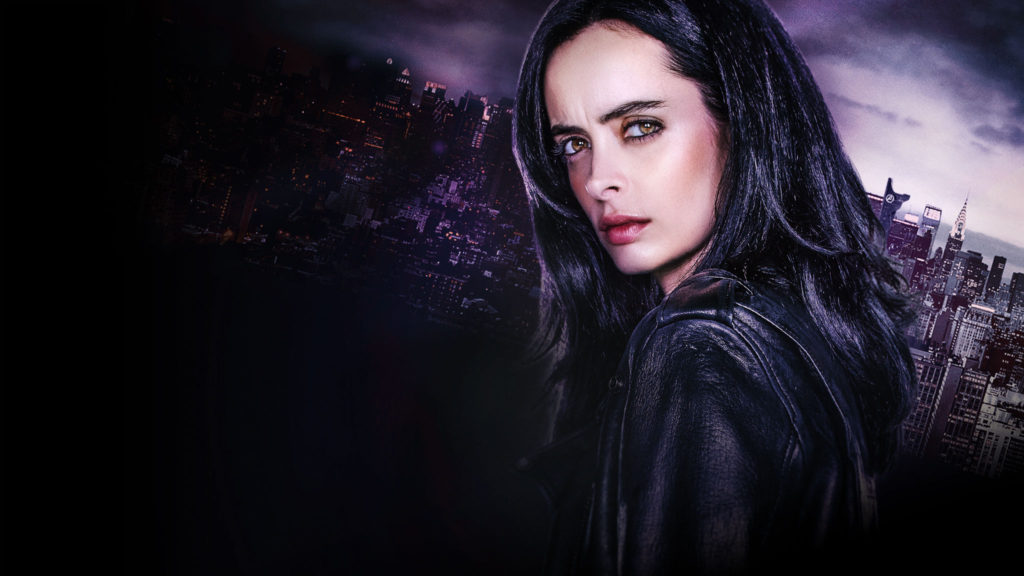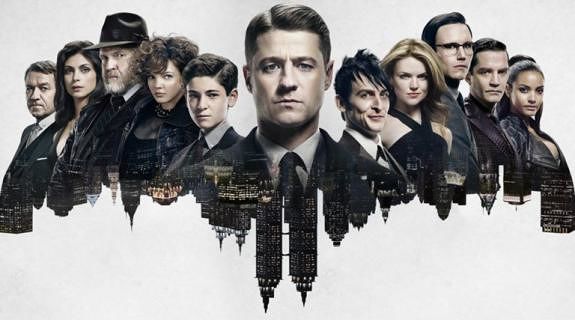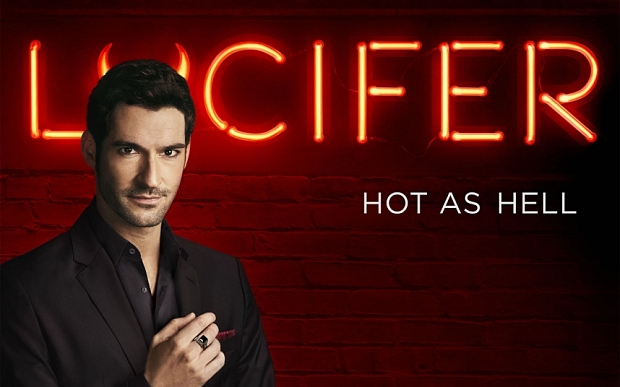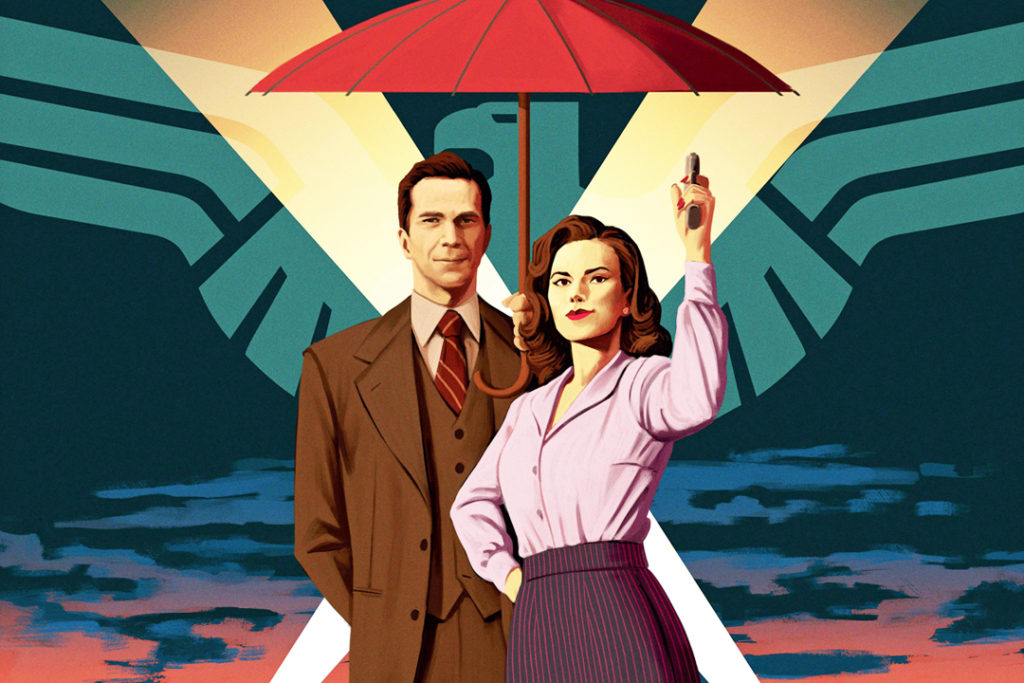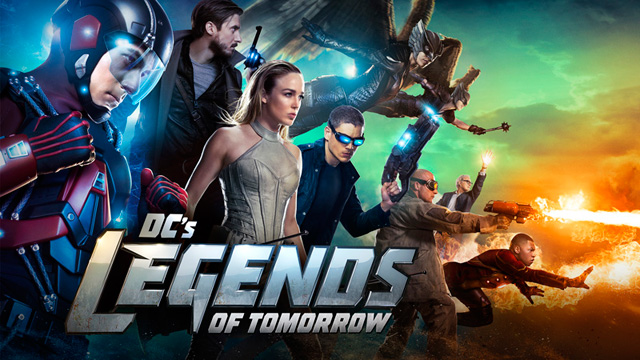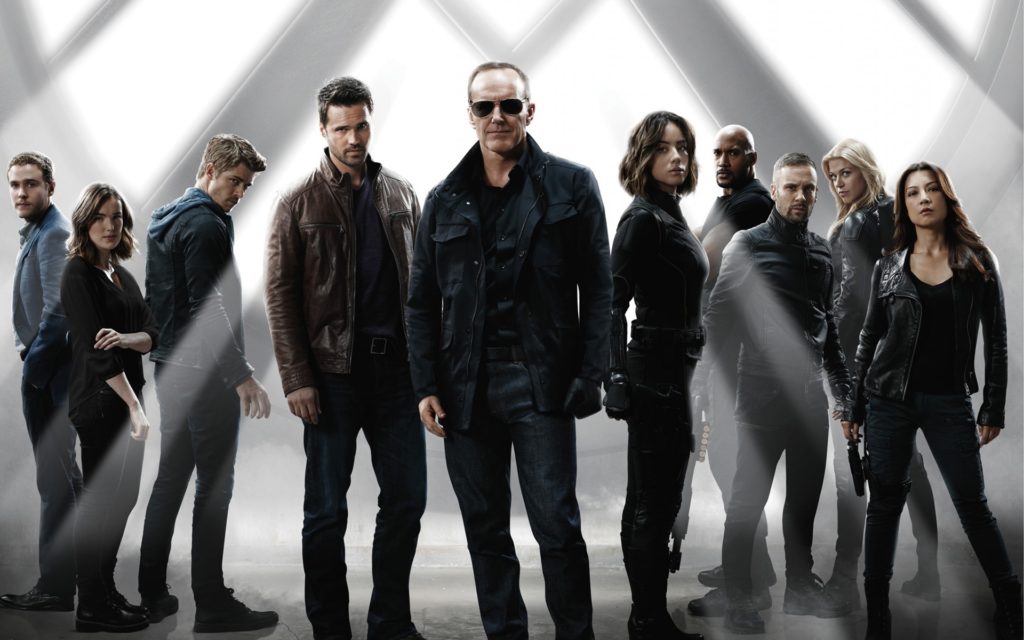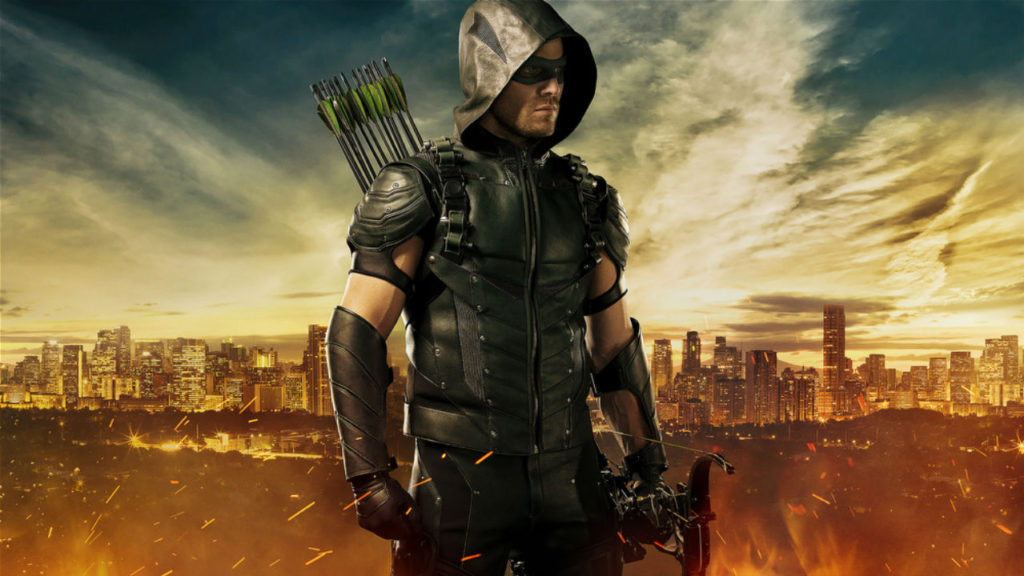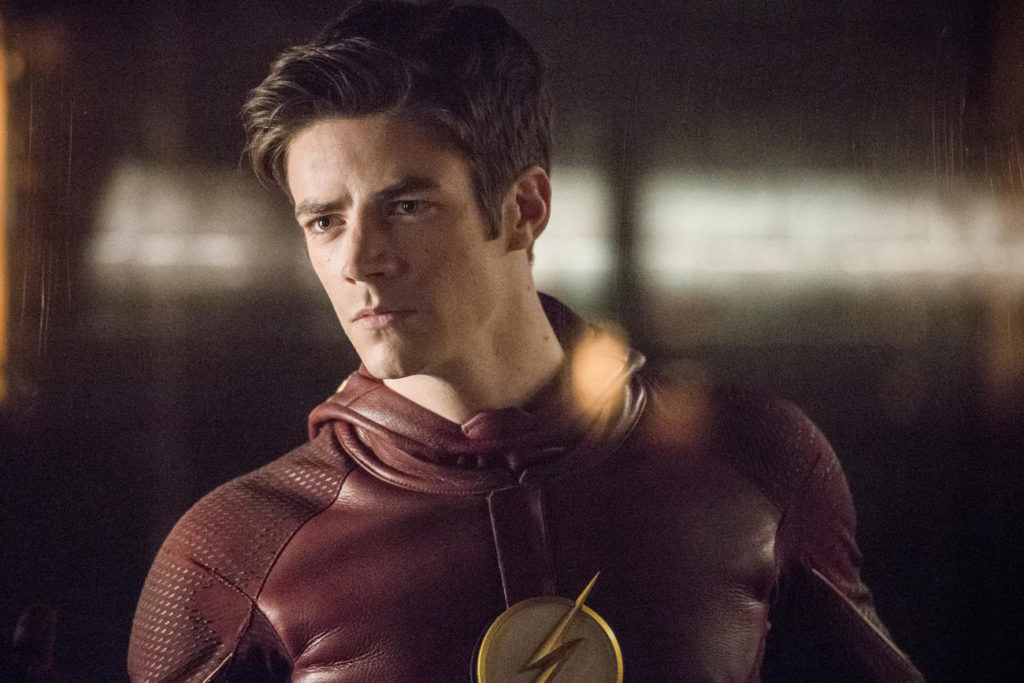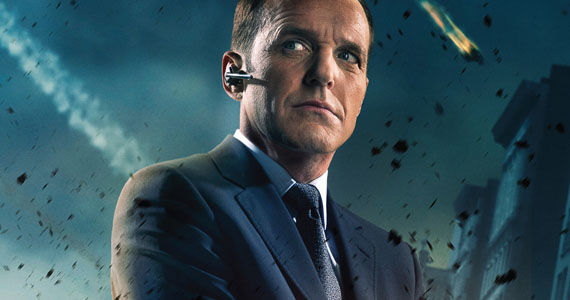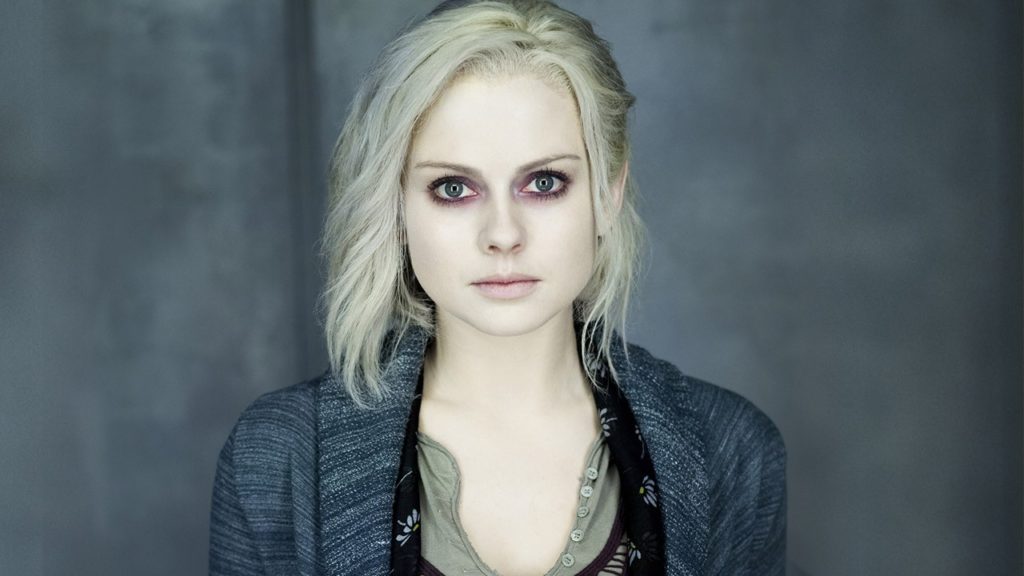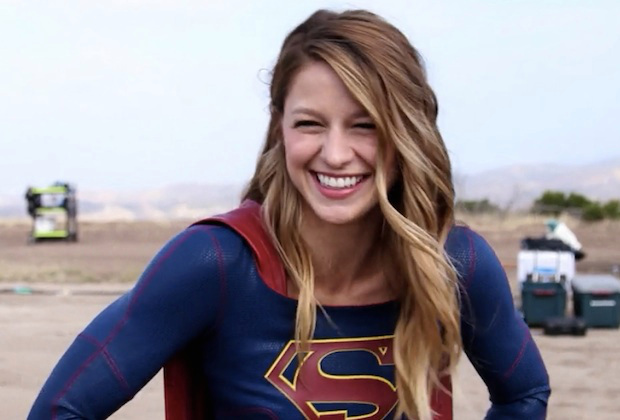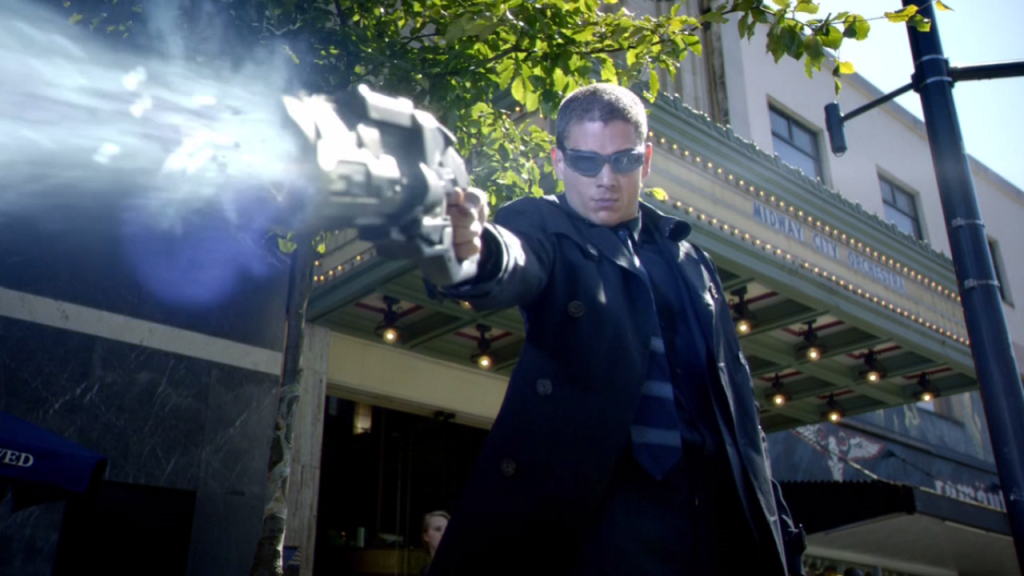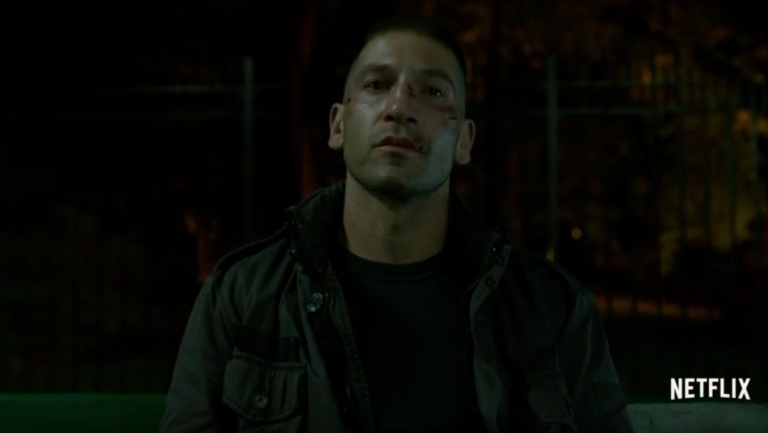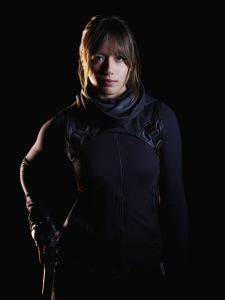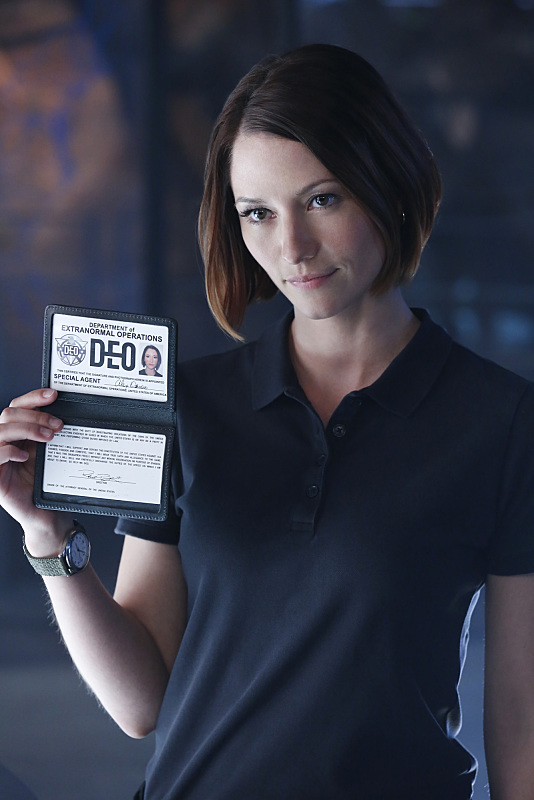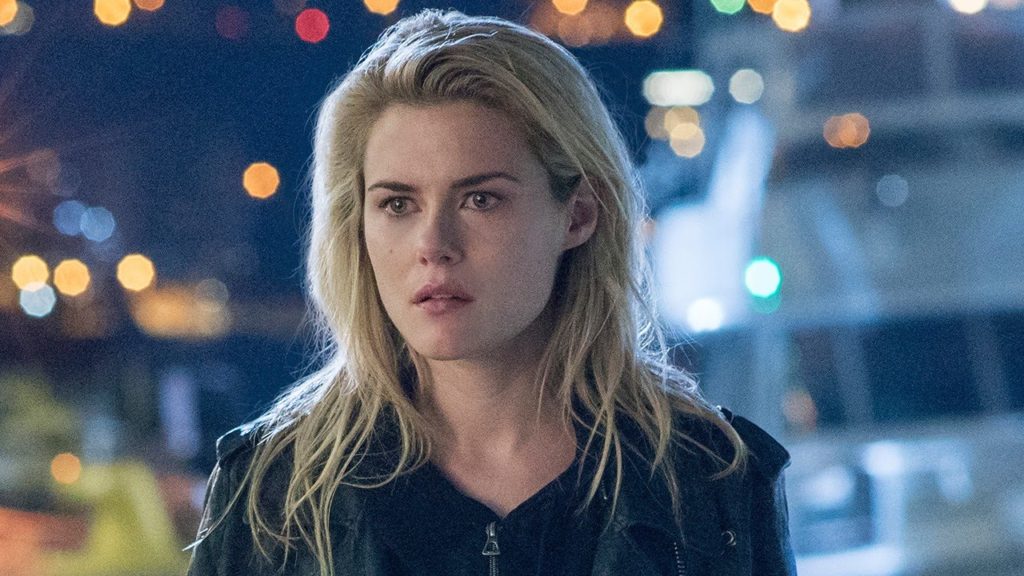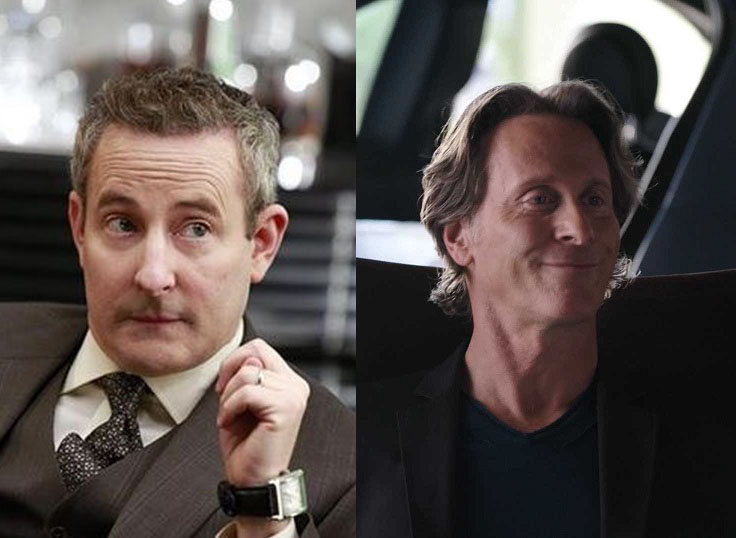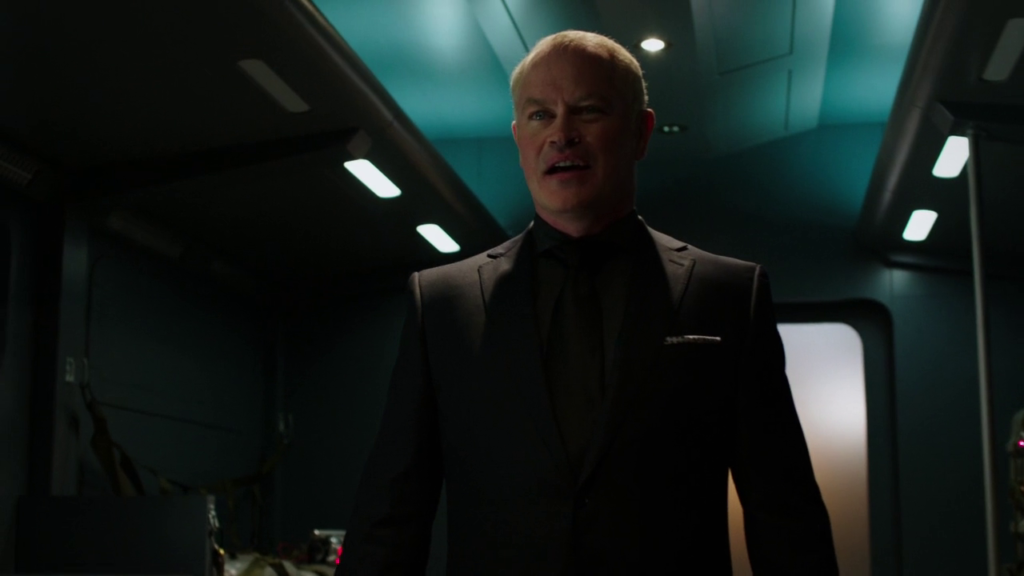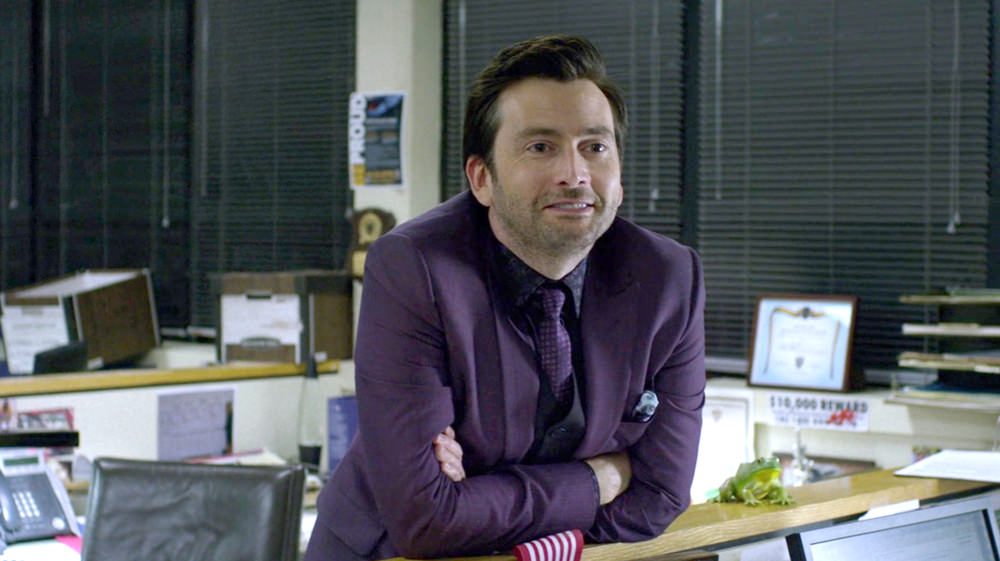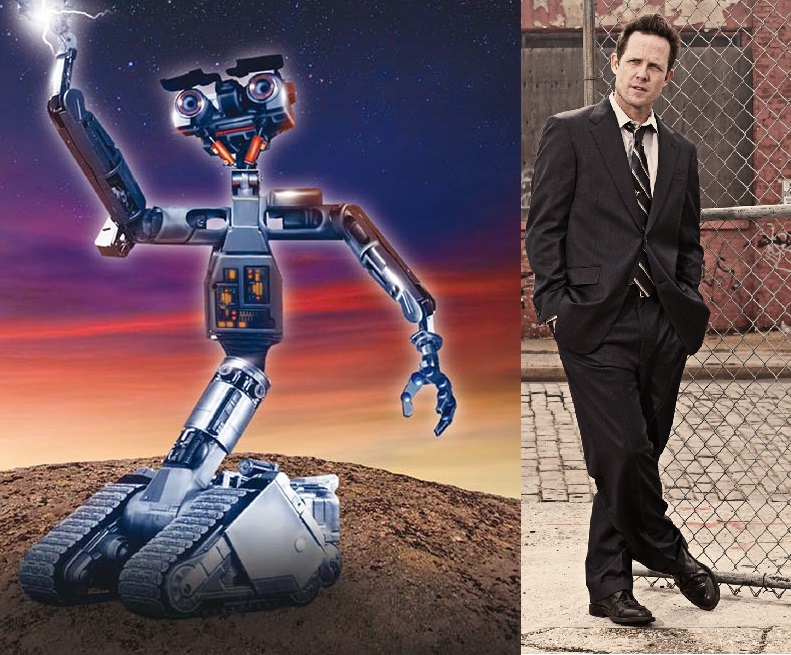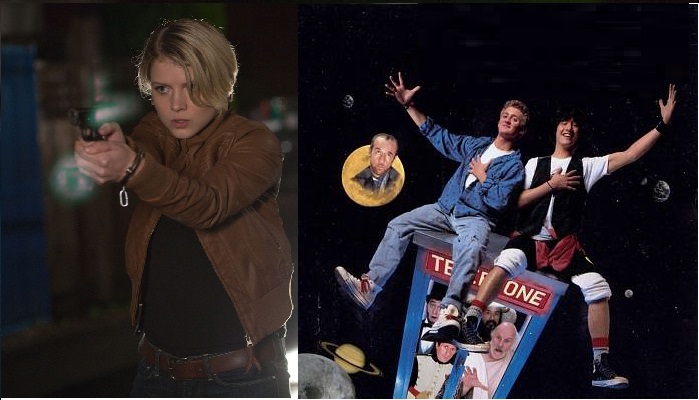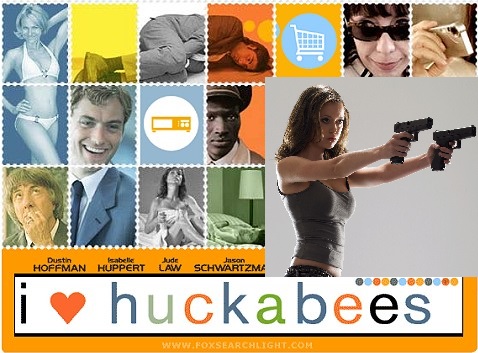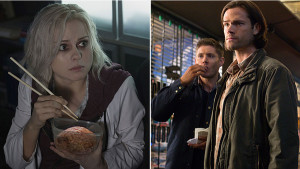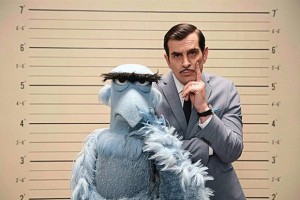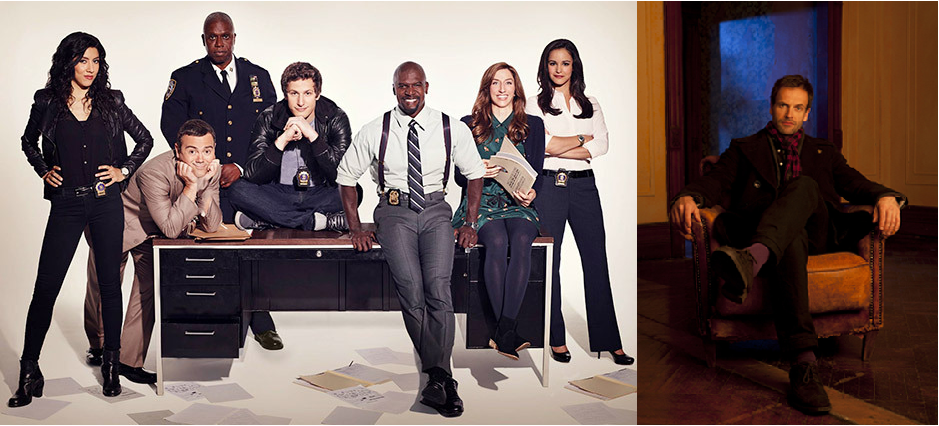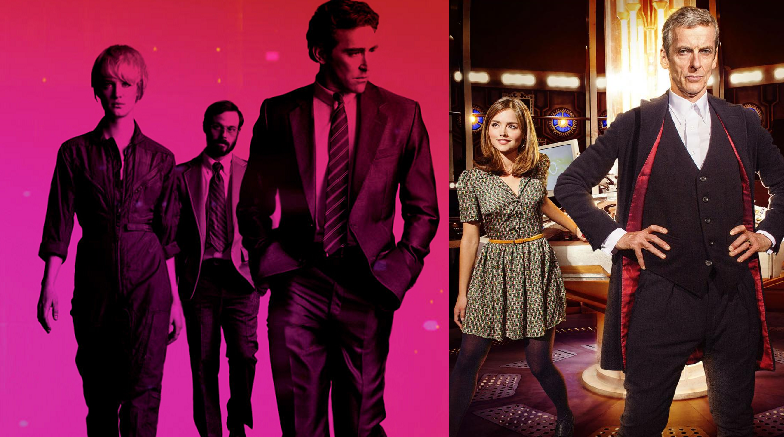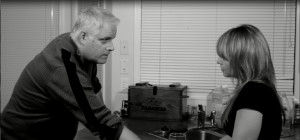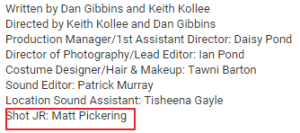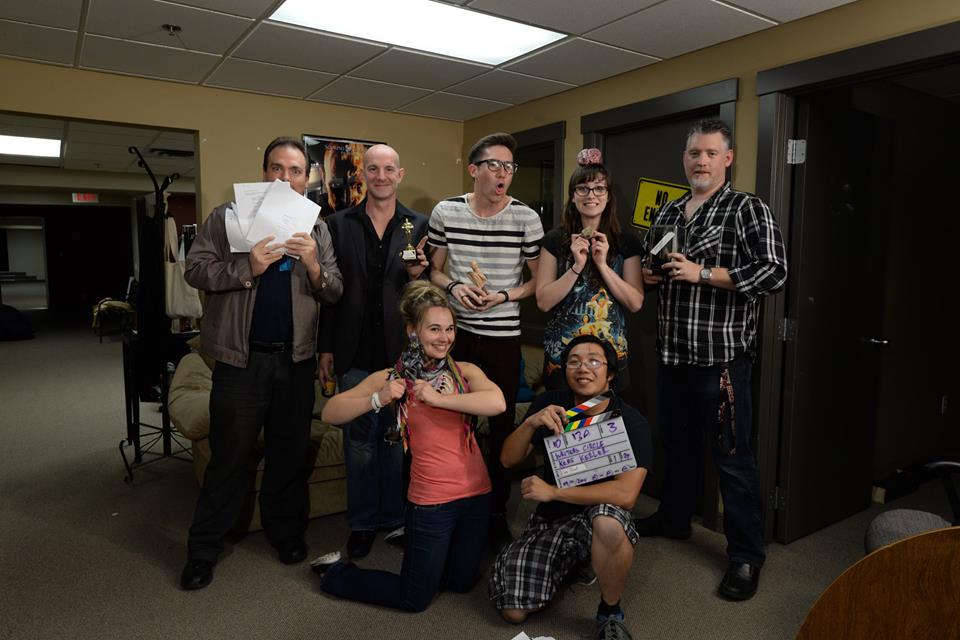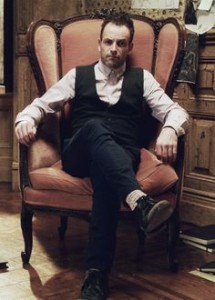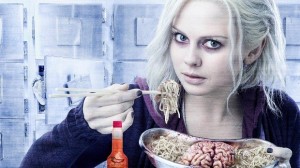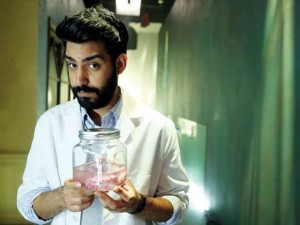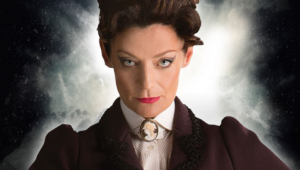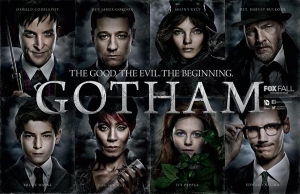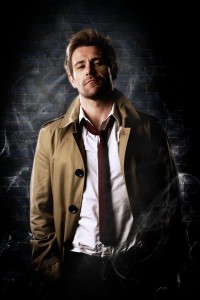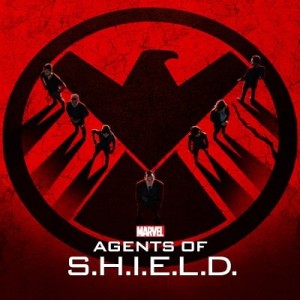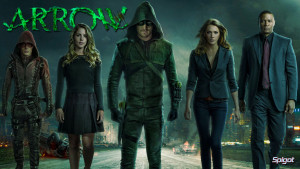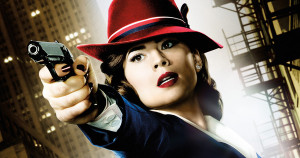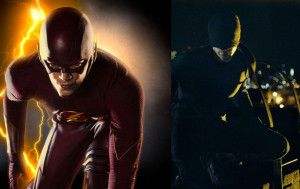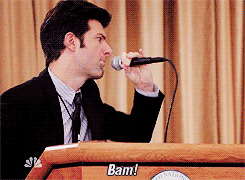Funny how a disappointing theatrical tour, three script projects, and some anxiety about turning f… four… thirty-ten can really make you forget you have a blog, huh? Mostly those first two things. I meant to blog about the tour but what creative energies I had in the humid Ontario summer were devoted to that pantomime play I was supposed to be writing… then to the new webseries I want to film… then to a stage play, because damn it that’s still a thing I do. Add that to the script for our Fringe show, and you get quite the full year, writing-wise.
But hey, this still exists, and I still have thoughts on stuff, so, in the words of John Wick, yeah, I’m thinking I’m back.
To my topic for today, then.
I think we all know that comic book movies are the hot ticket at the box office and on the varying things we call “television” these days (streaming services are pretty different from the way TV worked for its first half-century, you must admit). Superhero movies are popular enough that in a year where nearly everything got clobbered at the box office, from cartoon adaptations to long-delayed sequels to popular 90s movies (hey, that worked like gangbusters last year) to the few actually, legitimately fun summer flicks (that admittedly were a sequel and an ill-advised reboot that still worked out okay), only two types of movies seemed to be golden tickets: Disney/Pixar cartoons (or adaptations thereof), and superheroes. Not just Civil War and Deadpool, either. Even superhero movies met with hatred from critics and… um… all of my friends, apparently… did huge box office numbers. (For the record, yes I am planning to get the extended cut of Suicide Squad, I’m hoping its closer to David Ayers’ vision and further from the vision of the editing firm that made a good trailer and then somehow got asked to do the final cut of the movie based on that.)
(Okay there was one mild exception, and it remains to be seen how Dr. Strange will fare, but still.)
As a result, studios are scrambling to find comic book stories to get onto the screen. Marvel scraped most of the underwritten suck off of their popular but narratively weak event book, Civil War, keeping only the basic premise (people want superheros to stop running around all willy-nilly, Captain America says “Nuh uh,” Iron Man says “Yuh huh,” they fight) and spinning it into one of their better movies. Though one I want to talk about later. On the TV side, The Flash did their own spin on the universe-rewriting book Flashpoint (“How much can we use? Flash going back in time and there being consequences? That’s literally it? Okay, well, let’s go for it.”), Jessica Jones jumped straight to the climax of her debut book, Alias, and Agents of SHIELD is mixing things up by introducing the least cool, least interesting, least popular character ever to use the name Ghost Rider.
He doesn’t even ride a motorcycle, for gods’ sake. How am I supposed to get excited about this.
But there is a dark side to this story mining. Batman V Superman leaned a little heavily on Frank Miller’s work with the character, something he’s spent the last 15 years warning people not to do by morphing into a depressing parody of himself. And the internet will just not stop throwing around speculation that Marvel’s moving towards a Planet Hulk movie, something I really, really wish people would give up on, not because of dislike for Planet Hulk specifically (although why do a Hulk movie in with that little non-CGI Mark Ruffalo), since I didn’t read it, but because Planet Hulk led to World War Hulk, and World War Hulk was a garbage fire. Seriously, you’d have trouble filling 20 minutes with what they laughably called a “plot” in that book.
So here’s some graphic novels that should be movies but somehow aren’t. No, not all of them are superhero stories. A comic book movie doesn’t need capes to be the best thing ever.
1. Queen and Country
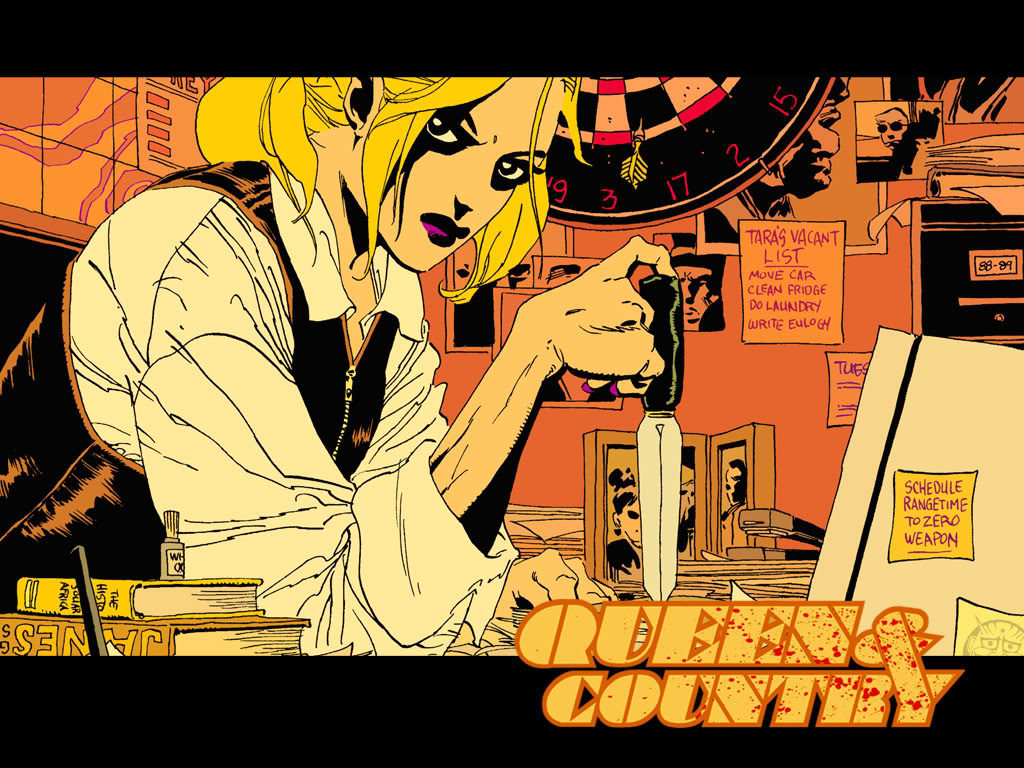
Greg Rucka’s Queen and Country comics (and three novels) tell the stories of Tara Chace, operative for the Special Operations Section of MI6. In short, she’s a spy and sometimes assassin for the British government. The series blended the intense spy action of an operative on a mission in hostile territory with the more real-world bureaucracy intelligence agencies face: red tape from above, inter-agency tensions, the favours that need to be traded to get the better-funded Americans to give up intel. And Rucka managed to make both sides work as engaging stories.
Why a movie?
Look at what Sam Mendes did with the opening sequences of the last two Bond movies and tell me you couldn’t great an excellent sequence out of the first issue of Q&C: in London, the Operations staff wait for confirmation a Russian general turned operative for the Russian mob is in the country they heard he’d be in so that half a world away, Tara can pull the trigger on her first assassination. She takes the shot, gets clipped by his security, and must get away from her pursuers and across the border with a purloined burqa, a well-used car, fake identity papers, and in a clever move to keep the border guard from looking too closely at her forged passport, an “accidentally” dropped nude photo and an embarrassed smile. Try to pull that one off, Jason Bourne.
This all leads to her being used as bait by MI5 (the FBI to MI6’s CIA) when her target’s people come to London for payback… while being forbidden to use a gun because MI6 operatives can’t carry within the UK. Maybe you don’t quite have a movie there, but you are on your way to at least a Sicario’s worth.
The push continues for female led action movies, within the comic genre and without. Look at the undying fandom for Agent Carter. Tara Chace is a female James Bond, more grounded and with less style but more swagger, and freed of the “But is he still relevant outside of the Cold War” think pieces that plague Bond, as she and her supporting cast were designed for the post-9-11 world.
So why isn’t it one?
Development hell. Apparently they’ve been trying for a while. Ellen Page was even attached to play Tara back in 2013. Maybe if Wonder Woman does Deadpool numbers they’ll make some progress…
So who would you cast?
Tara Chace: Ophelia Lovibond
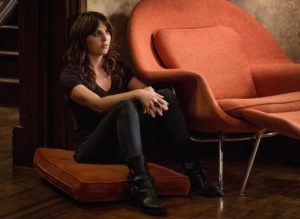
Okay, so, if you haven’t been watching Elementary, this one’s a little obscure. You’d probably know her best as the Collector’s assistant who tries to steal the Power Stone in Guardians of the Galaxy, and that’s… not helpful to my cause here. If you have, then you recognize her as Kitty Winter, particularly clever survivor of a brutal serial killer who finds a path to recovery as Sherlock’s new apprentice. She brought the exact right mix of tough and capable with an undeniable layer of pain at her center that I’m looking for in Tara Chace. Tara is forced to survive a hit by running at the man with the gun and counting on that throwing off his aim, then comes into work the next day. Kitty survived her ordeal, and with the scars still fresh, started trying to solve crimes (even before Sherlock took an interest). Maybe she’s on the obscure side, but this is my dream cast so shut up.
Paul Crocker: Mark Strong
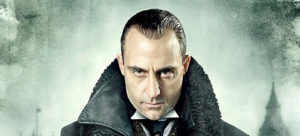
Not really much to say about this one. You need someone to play the head of the department, the one who orders the kills but also has to play the politics game to keep the operation moving and his operatives alive? You want Mark Strong.
Tom Wallace: Johnny Lee Miller
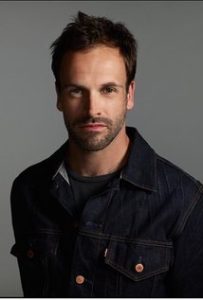 Tom Wallace is Tara’s immediate superior and probably closest friend. He’s been in the department just long enough to get promoted to Head of Special Section and out of the field. Ten years ago this would have been a gimme for Colin Firth (even without having seen him go full badass in Kingsmen), but the age gap doesn’t quite… okay, fine, I just want to see Sherlock and Kitty back together, but it would still work.
Tom Wallace is Tara’s immediate superior and probably closest friend. He’s been in the department just long enough to get promoted to Head of Special Section and out of the field. Ten years ago this would have been a gimme for Colin Firth (even without having seen him go full badass in Kingsmen), but the age gap doesn’t quite… okay, fine, I just want to see Sherlock and Kitty back together, but it would still work.
2. The Sixth Gun
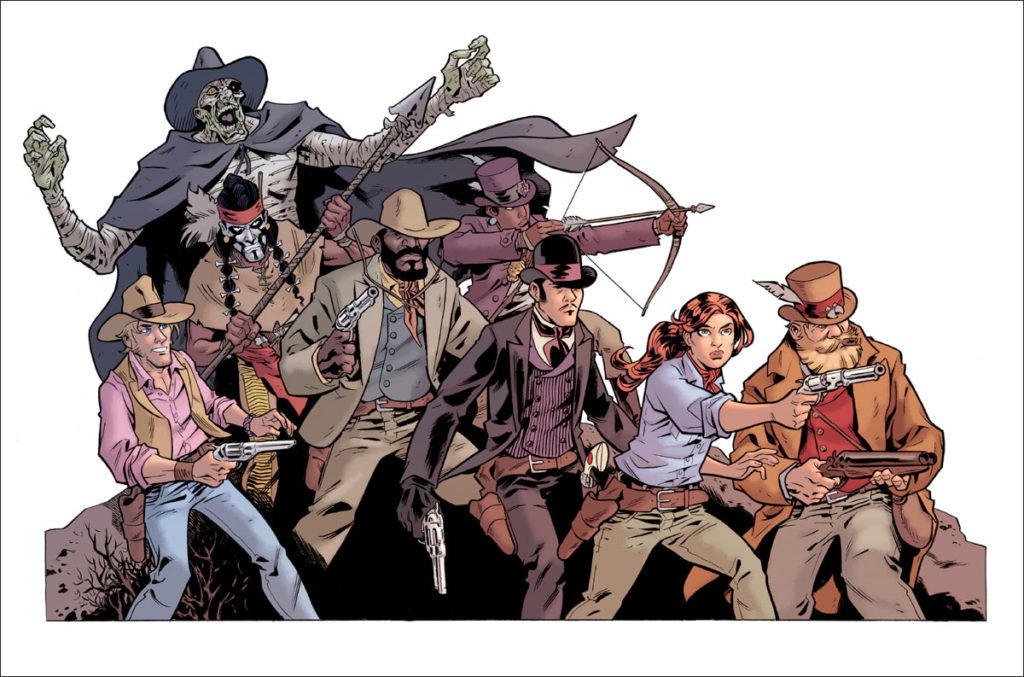
An Apocalyptic western fantasy set after the Civil War, the Sixth Gun is the story of six pistols, each with their own power, that combined have the potential to destroy and remake the world. When Becky Montcrief inherits the Sixth Gun from her father, she reluctantly joins forces with ethically grey gunfighter Drake Sinclair to protect the world from those looking to unleash the guns’ true purpose, including supposedly dead Civil War general and part-time dark sorcerer Oliander Bedford Hume, his crazy wife, and his, well, call a spade a spade, four horsemen.
Why a movie?
Because the lush and terrifying magical old west dreamed up by writer Cullen Bunn and artist Brian Hutt cries out for a live-action adaptation. Because it’s a great (recently completed) story that more people should know about. And sure, like Preacher, it’s way too long a story to be told in one installment, but the first six issues work as a great standalone adventure of four people trying to stop the end of the world, ending in an epic battle at a fort called the Maw. And if the first movie sells, you have material for one of those ongoing franchises studios are addicted to. Even just hitting the highlights, you could manage at least five movies and three spinoffs.
So why isn’t it one?
They tried to adapt for TV recently (a better fit, if you want to pick nits), but the pilot didn’t get picked up, and there’s been little interest since then. Because people are stupid and hate fun.
So who’d you cast?
You know what, here’s a cast photo from the unaired pilot, featuring Game of Thrones/Narcos’ Pedro Pascal as Drake and Leverage’s Aldis Hodge as, I assume, Gord, a key ally they pick up at the Maw, and that’s… that’s about perfect. Only two more to add, I reckon.
General Hume: Clancy Brown
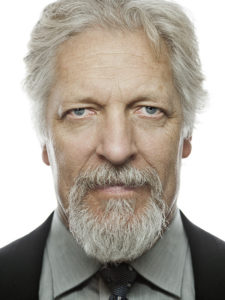
A big guy with a bigger voice, Clancy Brown proved his world-ender bonafides a few times by now, most relevantly in Carnivale, where he played a preacher with dark occult powers out to rebuild the world in his own image. I mean cross out “preacher” and write in “general” and you’re there.
The Widow Hume: Eva Green
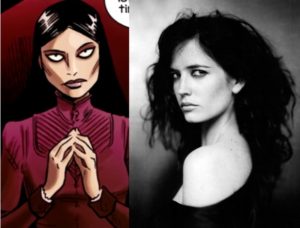
The Widow Hume possesses the Fifth Gun, which can heal any injury, even death. The gun restores her youth, at the cost of her sanity, something that is clear in the way Hurtt draws her eyes. Eva Green, an MVP in anything she appears in lately, does crazy and scheming very well, and has some of the most expressive eyes in Hollywood. Perfect fit.
3. Atomic Robo
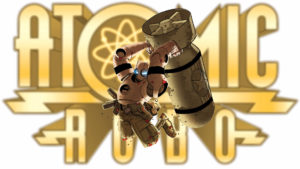
Built by Nikola Tesla in the early 20th century (in a world where Tesla became a wealthy inventor and Edison is remembered as a demented supervillain… a better, stranger world, in other words), Robo (who’s atomic powered) earned his citizenship covertly fighting Nazi super scientist Baron von Helsingard during World War 2, and has since used his position as owner/operator of his father’s company, Tesladyne, to advance science and fight off the villains, kaijus, Lovecraftian horrors, and highly improbable giant ants that turn up when science goes wrong.
Why a movie?
Because creator Brian Clevenger (who also created the similarly hilarious 8-Bit Theater) has created a whole world and alternate history filled with action packed weird science adventures. Robo alone fought Nazis, trained with Bruce Lee, and got stuck in the old west after a temporal incident with his least favourite and least probable nemesis, Doctor Dinosaur.
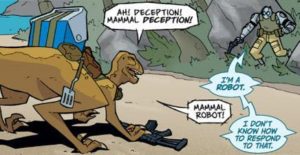
A meeting with Lovecraft unleashed a formless horror that fought Robo in four different time periods simultaneously, one of which involved his employees accidentally building an evil supercomputer.

Tesla was part of a secret government group including Annie Oakley and a young Harry Houdini, among others. Atomic Robo has fought sci-fi villains up one side of the 20th century and down the other, plus ongoing adventures in the modern day. There is no end to the ridiculous fun the Atomic Robo team have dreamed up, and all of it would look amazing filmed for IMAX.
So why isn’t it one?
Because Atomic Robo’s an indie comic and studios like brands. Every now and then someone comes sniffing, and Clevenger tries to aim them towards Volume Five, The Deadly Art of Science, in which a young Robo ventures out of his father’s lab to work with pulp vigilante Jack Tarot and his daughter Helen, aka the Nightingale, to foil a plot by Thomas Edison. Tesla eventually has to lend a hand as well.
So who would you cast?
Robo: Joel McHale
Robo’s either going to be CG or a giant suit, but his voice is important. Much of the humour of Atomic Robo comes from how ridiculous or annoying Robo finds his adversaries, be they physically impossible like the giant ants attacking Vegas, infuriatingly nonsensical like Dr. Dinosaur, or just jerks like the Nazis. And Dr. Dinosaur. You need someone with a good dry wit who can also nail an angry rant, and to me that’s a job for Community’s Jeff Winger.
So come on, studios… nearly everything the CW superhero shows do prove that you love catering to my tastes. Get catering!
(But seriously, Marvel, I know you love to milk whatever seems popular for all its worth, but ignore the Planet Hulk chatter. That way lies madness.)

